Eating Recklessly for Fame
Pan Xiaoting, a 24-year-old woman, shocked Chinese netizens when she died suddenly on July 14 while livestreaming. The autopsy report showed her stomach was severely deformed and full of undigested food. Xiaoting was a famous "eating god" on Chinese social media, known for her extreme mukbang challenges that lasted over 10 hours a day. In each appearance, she would often eat more than 10 kg of food.
As Xiaoting became more famous, earned more money, and received praise from netizens, her health declined. Before her death, she had many health issues: high blood pressure, high cholesterol, diabetes, stomach bleeding, and severe intestinal damage. Despite her parents' warnings to quit because the money wasn't worth the health risks, Xiaoting kept doing mukbangs, thinking she could control it. In the end, she paid with her life.
Mukbang combines Korean words meaning "eating" and "broadcast". Usually, content creators sit in front of a camera and eat large amounts of food. Mukbangs can be pre-recorded or done live with audience interaction. This trend started in South Korea and has become popular worldwide in recent years.
In China, mukbang became widespread with many "eating gods" and their million-view livestreams, bringing in dream incomes for many. Because of the easy money, many content creators take risks to create mukbangs with tough challenges to attract viewers and increase their fame. Some famous "eating gods" have done challenges like eating 10 bowls of spicy noodles, 15 hamburgers, or even a 17 kg roasted lamb.
Pan Xiaoting, 24-year-old woman
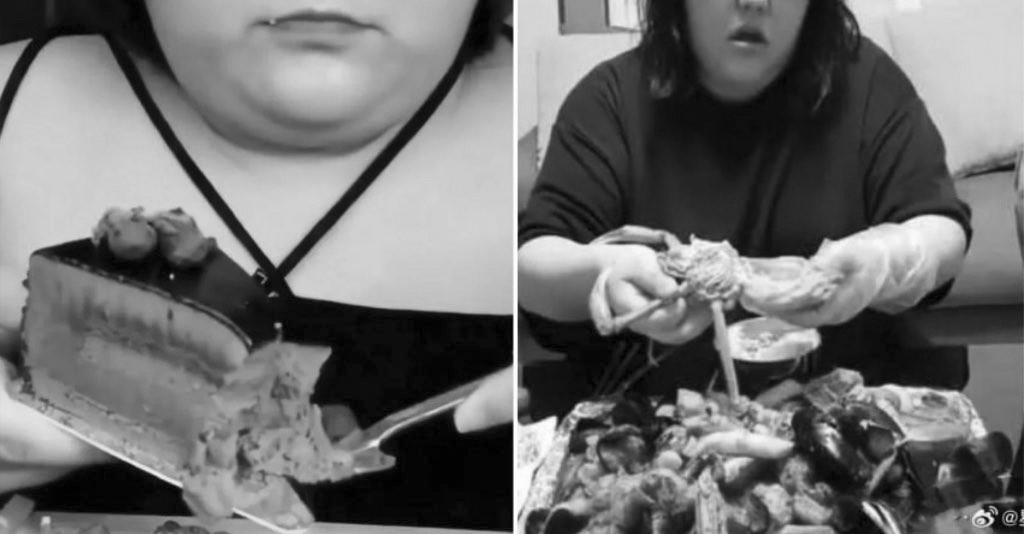
Before Pan Xiaoting, two famous Chinese "eating gods", Pao Pao Long (29) and Wen Wei Ge (32), died after long periods of excessive eating that led to serious health problems. Pao Pao Long shocked viewers with extreme, even life-threatening challenges like doing handstands while drinking peanut oil or drinking two large cans of milk tea at once. Wen Wei Ge also amazed people with mukbangs full of food and drinks. Before dying, he had gout, high blood uric acid, blood infection, and had been on dialysis for years.
Pao Pao Long (29-year-old)

Not just in China, in mid-June 2024, Filipino netizens were shocked by the death of mukbang vlogger Dongz Apatan (real name Manoy Apatan, 37). A day earlier, he had posted videos of himself cooking and eating large amounts of fried chicken and white rice. Dongz Apatan then had a heart attack and fell into a coma before dying from a stroke.
Dongz Apatan (37-year-old)
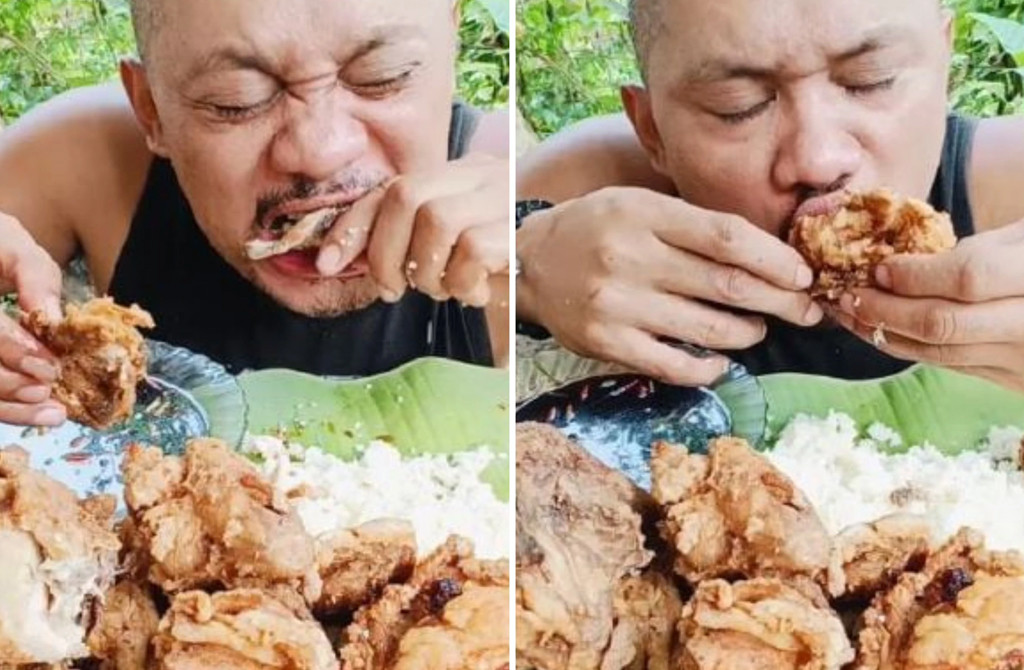
A Harmful Trend Catching Authorities' Attention
Mukbang provides entertainment for many, but the health issues and social impacts of this activity are very concerning.
The mukbang trend has led to serious problems, prompting Chinese authorities to take action. In 2020, the Chinese government launched a campaign against food waste, directly affecting mukbang content. Many video platforms had to remove extreme eating videos and ban livestreams that encouraged excessive eating.
Health experts warn about the dangers of mukbang, both for creators and viewers. For creators, constantly eating large amounts of food can lead to obesity, diabetes, heart disease, and other health issues. For viewers, especially young people, mukbang can promote unhealthy eating habits and unrealistic body images.
Psychologists also point out that mukbang can be addictive for both creators and viewers. Creators may feel pressured to eat more and more to keep their audience, while viewers may develop unhealthy relationships with food.
Despite the risks, mukbang remains popular on social media platforms. Many argue that not all mukbang content is harmful and that responsible creators can promote healthy eating habits. However, the recent deaths of several "eating gods" highlight the need for stricter regulations and more awareness about the dangers of extreme eating challenges.
As the debate continues, it's clear that the mukbang phenomenon is more than just entertainment. It raises important questions about online content, health, and social responsibility in the digital age. While some enjoy watching these eating shows, others worry about the long-term effects on society's relationship with food.
Moving forward, it's crucial for social media platforms, content creators, and viewers to consider the potential consequences of mukbang and similar trends. Promoting responsible content creation and consumption could help prevent future tragedies while still allowing for enjoyable food-related entertainment.
Mukbang provides entertainment moments for everyone, but the health issues and social impact of this activity are very concerning.

The deaths of Pan Xiaoting and Dongz Apatan have once again sparked discussions about the mukbang trend and the health risks of extreme eating. Experts warn content creators not to ignore their health in pursuit of views, shares, and online rewards. Eating large amounts of food quickly can lead to stomach deformities, absorption problems, and stress on the liver and kidneys. In the long run, this activity can cause heart and digestive issues, even threatening lives.
Sohu reports that many online celebrities, aware of the dangers of eating large amounts quickly, choose to eat a lot and then use their fingers to make themselves throw up. However, experts warn this method is very harmful: it can cause acid reflux and, over time, serious problems in the stomach, throat, or swollen glands from frequent vomiting.
Mukbang content from online "eating gods" not only directly affects the creators but also negatively impacts viewers' behavior. Livestreams with many appealing but unhealthy foods can lead some viewers to develop poor eating habits, ignoring the importance of a balanced diet.
The mukbang trend is facing more criticism for encouraging unhealthy eating habits and wasting food.
The mukbang trend is increasingly facing criticism for encouraging unhealthy eating habits and causing food waste.
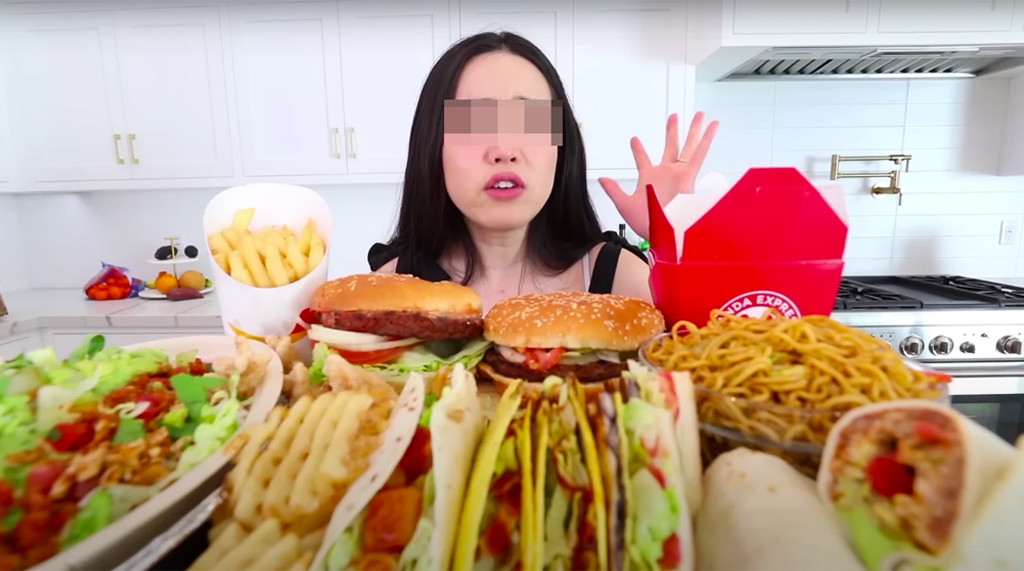
Given these worrying issues, China has introduced new rules to limit videos promoting excessive eating and food waste. According to SCMP in December 2020, a new anti-food waste law submitted to the country's top legislative committee states: anyone posting online videos encouraging overeating will face fines up to 100,000 yuan (over 348 million VND). People participating in unhealthy eating challenges, restaurants encouraging customers to order too much food causing waste, will also be strictly punished.
In the Philippines, the Department of Health is considering banning mukbang content following Dongz Apatan's death last month. "This is a bad habit because people create content by eating too much and it's unhealthy. It leads to obesity, which can cause high blood pressure, heart problems, non-communicable diseases, even heart attacks," Health Secretary Teodoro Herbosa said. He stated that authorities are investigating the cause of Dongz Apatan's death. If the department's investigation finds that mukbang contributed to Apatan's death, they will push for a ban on domestic websites and social media platforms.


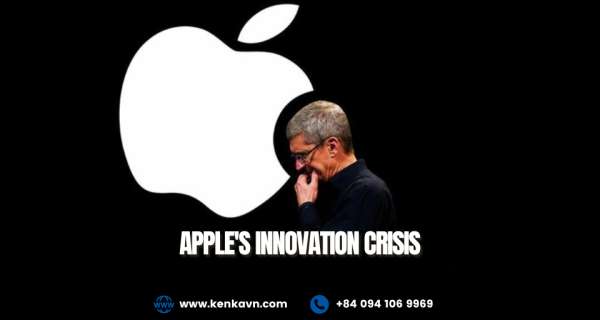


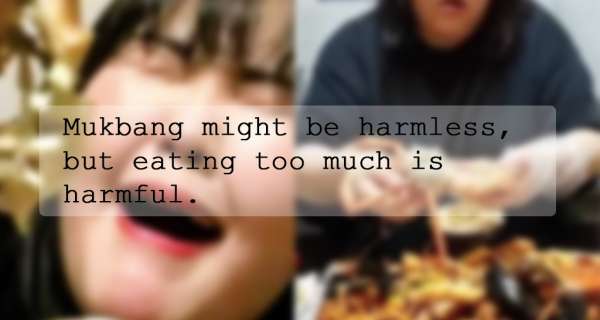




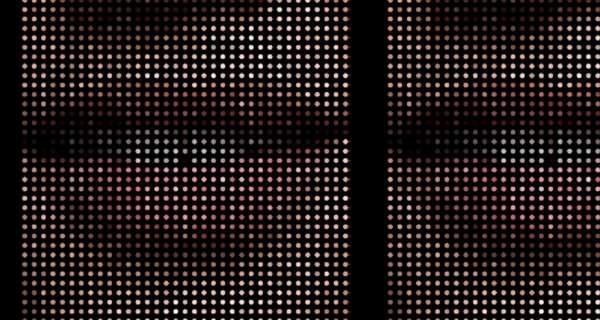



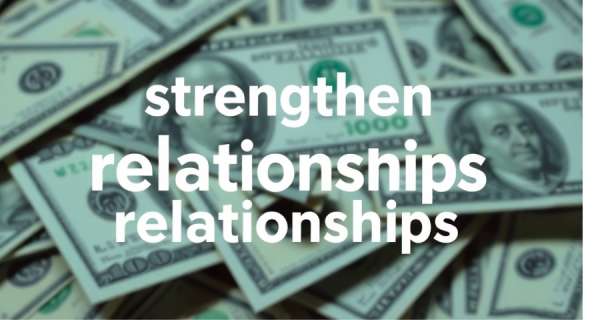






0 Comments